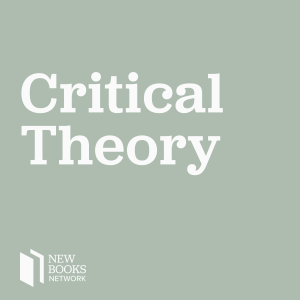
Dana El Kurd, "Polarized and Demobilized: Legacies of Authoritarianism in Palestine" (Oxford UP, 2020)
 2020-05-25
2020-05-25
Download
Right click and do "save link as"
What demobilizes a once mobilized society? How does international involvement amplify or suppress these dynamics?
In Polarized and Demobilized: Legacies of Authoritarianism in Palestine (Oxford University Press, 2020), Dana El Kurd’s new book uses a case study to interrogate how the Palestinian Authority – as an indigenous institution – more successfully demobilized Palestinian society than Israeli occupiers. Despite Israel’s greater resources and international backing, the Palestinian Authority, paradoxically, was able to accomplish what the Israelis could not: the polarization and demobilization of the Palestinian population.
The Palestinian Authority (PA) -- insulated from domestic constituents and consumed with addressing international pressures rather than negotiating with Palestinian society – strengthened authoritarian practices. The use of authoritarianism polarized the public over both international involvement and the practice of authoritarianism. El Kurd’s rich case study illustrates how certain authoritarian strategies used by the PA increased societal polarizing – and that polarization negatively affected mobilization and the capacity for collective action. El Kurd uses a mix of survey data, interviews, and field research to demonstrate how international involvement results in insulation that may increase authoritarianism. She not only provides a nuanced look at the Palestinian Authority but applies her findings to Iraqi Kurdistan and Bahrain in one of the concluding chapters. The podcast concludes with incisive comments about how the Trump administration’s disengagement may ironically open opportunities for rebuilding the capacity for Palestinian collective action.
Susan Liebell is associate professor of political science at Saint Joseph’s University in Philadelphia. She is the author of Democracy, Intelligent Design, and Evolution: Science for Citizenship (Routledge, 2013).
Learn more about your ad choices. Visit megaphone.fm/adchoices
view more
More Episodes
012345678910111213141516171819
Create your
podcast in
minutes
- Full-featured podcast site
- Unlimited storage and bandwidth
- Comprehensive podcast stats
- Distribute to Apple Podcasts, Spotify, and more
- Make money with your podcast
It is Free
- Privacy Policy
- Cookie Policy
- Terms of Use
- Consent Preferences
- Copyright © 2015-2024 Podbean.com





